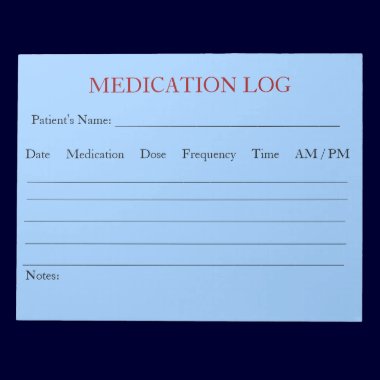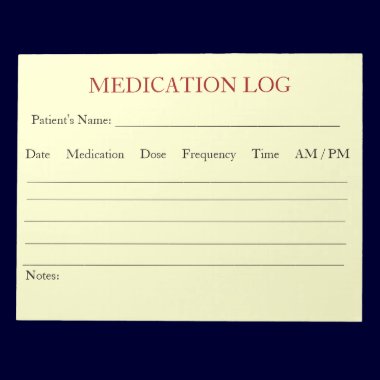Soon enough, he's ready for dessert again. Hunger, world or personal, have nothing to do with it, however.
Dad eats, and eats again, because he can't remember having just done it.
Many people with Alzheimer's inadvertantly over-eat --- or often more dangerously, under-eat. Among the factors that cause their eating habits to shift:
- A recent meal or the intention of a meal is lost in their faulty short-term memory.
- They lose the ability to read the body's signals of hunger or fullness.
- They're easily distracted.
- They may lack impulse control, adding to overeating (and distraction).
- They lack the ability to run through the steps of preparing a snack or a meal.
- They may remember long-held beliefs about diet (e.g. "I can't snack, it's fattening") to the exclusion of the short-term need to eat at all.
- Impaired senses of smell or taste (common in aging generally) contribute to a decreased appreciation of food.* They lack hand-eye coordination to manipulate silverware (later-stage disease).
If someone with Alzheimer's eats too much:
- Consider the big picture, before you worry.
If the person is gaining weight to an alarming degree it makes more sense to be vigilant about quantity than if they are a normal weight or only slightly overweight. My dad, for example, is not gaining weight despite a prodigious appetite. But he also has an unbiopsied renal tumor (long story) and probable cancer. Curbing his eating habits made more sense 10 or 20 years ago than under current circumstances.
- Consider disease stage, too.
Someone in early stage disease often still has the motivation to do everything possible to slow disease progress, and eating nutritiously may help keep blood sugar stable and cardiovascular health good. On the other hand, my Dad's disease is moderate and declining. He doesn't have all that many pleasures in his life. I don't see the point in denying him a second bowl of ice cream.
- Serve restaurant-style rather than family-style.
If cutting back on seconds is needed, plate the food before you bring it to the table and prepare only enough for each diner.
- Monitor and distract.
After a meal, don't linger over coffee and dessert. Get the person involved in an activity – if you've always run a dishwasher, you might discover that a willing and able aide in your relative with dementia. (Competent is another story. My Dad loves to do dishes but his rinsing is a little iffy. He's great on the drying, though.)
If someone with Alzheimer's eats too little:
- Make sure they eat heartily early in the day.
Caregivers who don't live-in often take pains to prepare reheatable hot dinners for relatives with dementia (or for the convenience of a disease-free spouses to prepare). But it's the morning that's often the most alert time of day for people with Alzheimer's.
Better: Deliver breakfast casseroles containing eggs and meats. Or make sure there are other hearty breakfast choices like hot cereal, waffles, muffins, or smoothies.
- Try helping the person focus on the meal at hand.
Easy tip: Use a placemat in a sold color that contrasts with the dishes, to draw attention to one's place setting. Bright colors are more effective than pastels. (And patterns are too distracting.) Put a small amount of food on the plate at a time so as not to overwhelm.
- Serve small, caloric snacks instead of meals.
It's easier to coax some people to have a bite to eat during the course of the day rather than to make a production of a meal. Good options: Nutrition-supplement shakes, finger foods like cheese and crackers, nuts (if not a choking hazard, as they can be for people with late Alzheimer's who forget to chew).
Of course [keeping an eye on the eating habits of an elder with dementia] (http://www.caring.com/articles/how-to-solve-eating-problems-common-to-people-with-alzheimers-and-other-dementias) is part of the bigger picture of caregiving. And you should let a doctor know about five-pound weight swings in either direction.
For many people in mid-stage disease, though, mealtime behavior is just another quirk to roll with. One recent evening my sister and I were catching up and playing Scrabble while Dad read the paper at the other end of the table. Next time we noticed, the remaining half a coffee cake had vanished. It was amazing, and funny, and a little disappointing. We'd really wanted some.
____________________________
 |  |
Health Management Aids
$16.00 - Fatigue Notebook
$16.00 - Sleep Journal











No comments:
Post a Comment